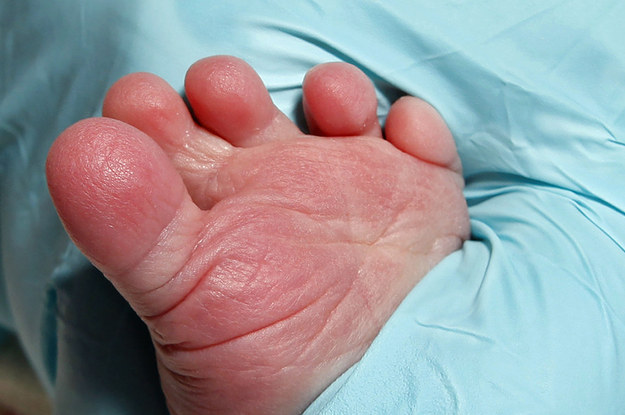When can I donate blood if I’m breastfeeding?
Those who have had infection with Babesiosis can donate if it has been 2 years or more since the diagnosis or positive test if donating in the states of Connecticut, Delaware, Maine, Maryland, Massachusetts, Minnesota, New Hampshire, New Jersey, New York, Pennsylvania, Rhode Island, Vermont, Virginia, Wisconsin or Washington, D.C. IF you plan to donate in any other state, call 1 …
Can I donate blood if I am pregnant?
It is not advisable to donate blood while breast-feeding. Following childbirth, the deferral period is at least 9 months (as for pregnancy) and until 3 months after your baby is significantly weaned (i.e. getting most of his/her nutrition from solids or bottle feeding). More information on eligibility to …
How long do you have to wait to donate blood again?
Blood Donation after pregnancy. The South Texas Blood & Tissue Center test donations of plasma and platelets from women who have been pregnant and had a live birth. Research has shown that between 10 to 20 percent of women who have been pregnant have Human Leukocyte Antibodies in their bodies, which can be harmful to recipients of donated platelets or plasma.
How old do you have to be to donate blood?
Recent pregnancy If your pregnancy lasted less than 12 weeks you may be able to donate – please get in touch with us to discuss. If your pregnancy lasted for more than 12 weeks then please wait until 6 months have passed from the end of your pregnancy before giving blood. This gives you time to replace the iron normally lost during pregnancy.

Can you donate while breastfeeding?
You can donate blood while breastfeeding, but only after a certain amount of time after giving birth. The length of time depends on where you are.
What else can you do?
If you are pregnant, or haven’t had enough time post pregnancy to be eligible to donate blood (or maybe you just can’t stand the thought of big needles- I hear you), there are still other things you can do to help.
How long after giving birth can you donate blood?
However, after giving birth they recommend someone should not donate blood for six months – https://www.sanquin.nl/veelgestelde-vragen/antwoord/medisch/mag-ik-bloed-of-plasma-geven-als-ik-borstvoeding-geef. In New Zealand, following pregnancy, the deferral period should last as many months as the duration of the pregnancy.
Do you have to eat before donating blood?
All blood donors are cautioned to eat a substantial meal before donating blood and drink large quantities of water afterward. After a donation, donors are advised to avoid heavy lifting with the arm used to donate (to prevent excessive bruising).
Who is Jack Newman?
Dr. Jack Newman is a physician specializing in breastfeeding support and advocacy. He says any otherwise eligible mother who is not anemic can donate blood. The American Red Cross accepts nursing mothers, they say ” Persons who are pregnant are not eligible to donate. Wait 6 weeks after giving birth.”. –.
Recent pregnancy
If your pregnancy lasted less than 12 weeks you may be able to donate – please get in touch with us to discuss.
Breastfeeding
You can donate if you are breastfeeding, however, you will need to wait until 6 months have passed from the end of your pregnancy before giving blood.
Blood Transfusion
If you had a blood transfusion during your pregnancy or at delivery then you cannot donate blood.
How to contact NIH Blood Bank?
If you have any other questions or concerns regarding donation, call the NIH Blood Bank at (301) 496-1048. We can also answer many of your questions via email at [email protected] . Below, you will find a list of questions donors frequently ask. The eligibility criteria for donation at the National Institutes of Health (NIH) ...
Why is hemoglobin low?
The most common reason for low hemoglobin is iron deficiency, and you will be given information about maintaining a healthy iron balance. View additional information about iron and blood donation. << Back to Top >>.
What is the cause of BSE?
BSE is commonly referred to as "Mad Cow disease" and is caused by an abnormal, transmissible protein called a prion. In the 1990s, the United Kingdom experienced an epidemic of the disorder in cows, with subsequent cow-to-human transmission, presumably through the food chain.

Popular Posts:
- 1. what charities did houdini donate to
- 2. what ot donate to war cc
- 3. where can i donate used walkers
- 4. where to donate a percussion bell kit in san antonio
- 5. swtor how to donate to guilds
- 6. where to donate furniture in houston
- 7. how to donate sofa
- 8. why do people donate to notre dame and not flint
- 9. who does jersey mike's donate to
- 10. how to donate to an animal shelter